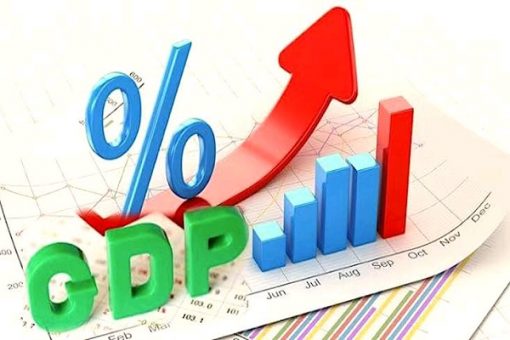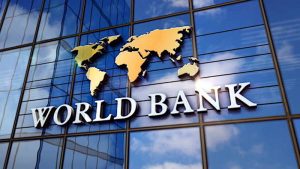
The National Bureau of Statistics (NBS) has announced a significant increase in Nigeria’s Gross Domestic Product (GDP), which grew by 3.46% in real terms during the third quarter (Q3) of 2024. This marks a notable improvement from the 2.54% growth recorded in Q3 2023 and the 3.19% achieved in Q2 2024, highlighting the country’s steady economic recovery.
In a statement released on Monday, November 25, the Statistician General of the Federation, Prince Adeyemi Adeniran, said:
“This reflects a higher growth rate compared to the corresponding quarter in 2023 and the preceding quarter in 2024. The major driver of this growth was the services sector, which recorded a 5.19% increase and contributed 53.58% to the aggregate GDP.”
The report revealed that Nigeria’s GDP in real terms for Q3 2024 stood at ₦20.1 trillion, up from ₦19.4 trillion in Q3 2023 and ₦18.2 trillion in Q2 2024. In nominal terms, GDP reached ₦71.1 trillion, a 17.26% year-on-year increase from ₦60 trillion in Q3 2023.
Key contributors to the GDP in real terms included agriculture (28.65%), industry (17.77%), and services (53.58%). Prince Adeniran noted:
“While the agriculture and industry sectors saw slight declines in their contributions compared to Q3 2023, the services sector continued to dominate and recorded a 0.88 percentage point increase in its contribution.”
Oil and Non-Oil Sector Performance
The oil sector experienced a resurgence, growing by 5.17% in Q3 2024, compared to a contraction of -0.85% in Q3 2023. Average daily oil production rose to 1.47 million barrels per day (mbpd), higher than 1.45 mbpd in Q3 2023 and 1.41 mbpd in Q2 2024.
In contrast, the non-oil sector, which accounted for 94.43% of GDP in Q3 2024, showed a slight year-on-year decrease from its 94.52% contribution in Q3 2023. Nevertheless, it performed better than in Q2 2024, when it contributed 94.30%.
Prince Adeniran attributed the non-oil sector’s performance to robust growth in key areas such as crop production, trade, telecommunications, and real estate.
“This performance underscores the resilience of Nigeria’s non-oil economy, even as the oil sector shows signs of recovery,” he said.
The report reflects Nigeria’s progress in diversifying its economy and its ability to sustain growth across multiple sectors, signaling a positive outlook for the coming quarters.








